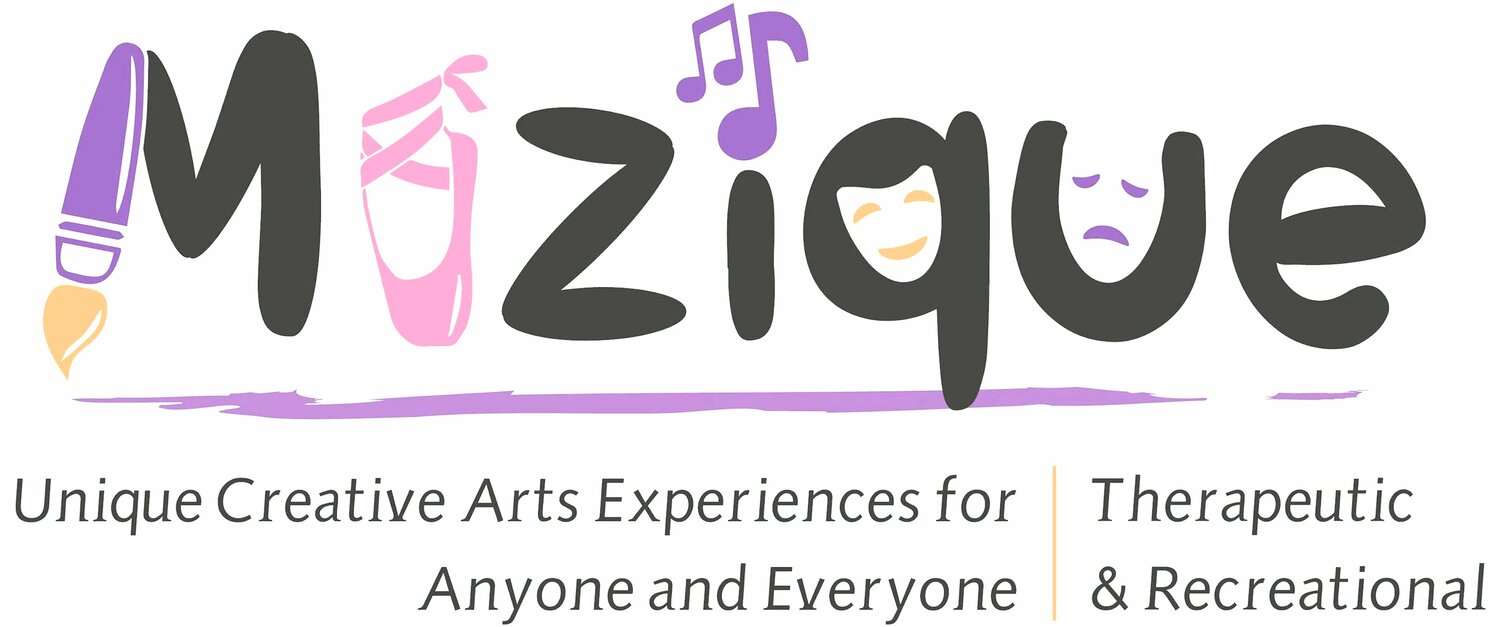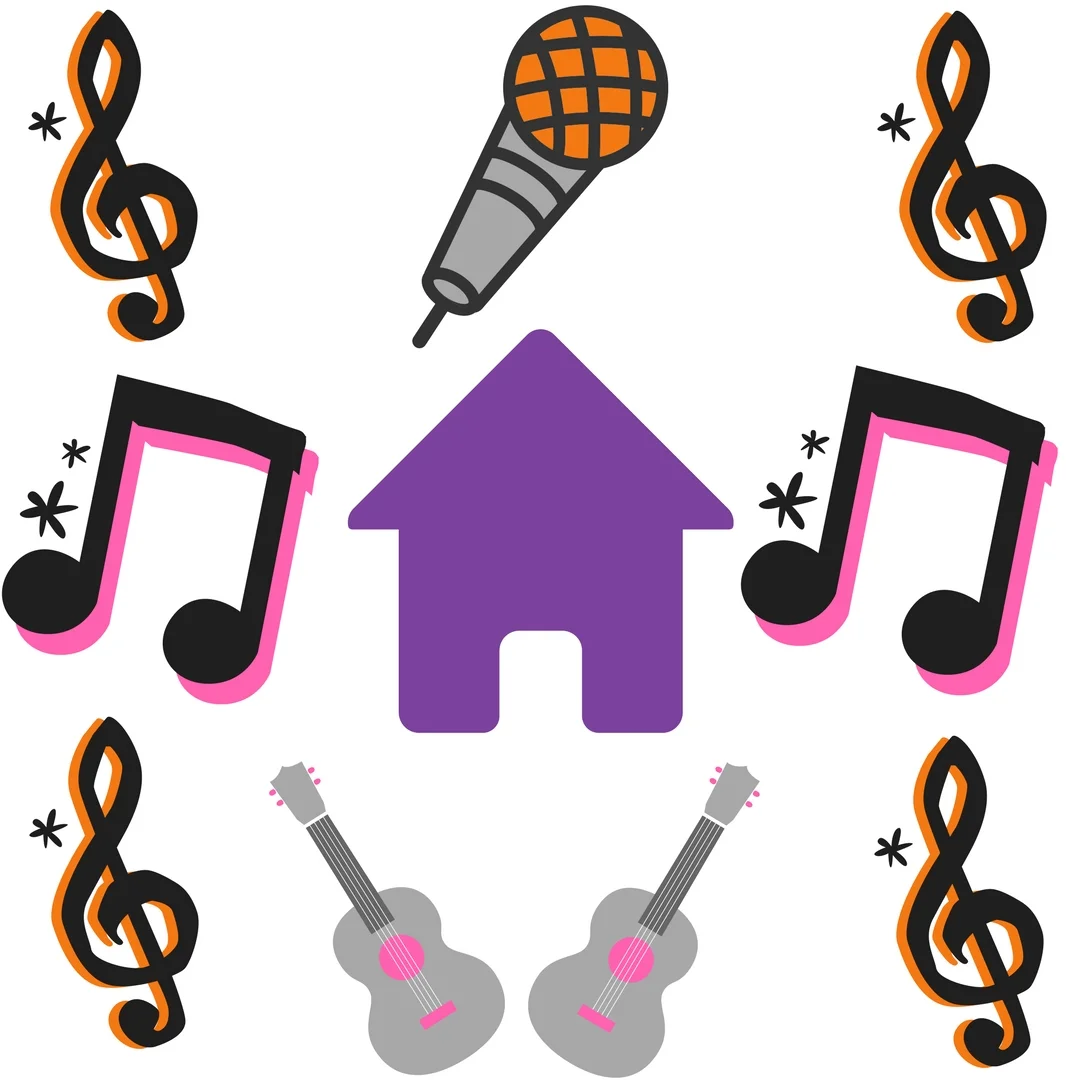If you were given the choice of listening to you favorite original song by your favorite artist or a very similar cover by another artist, wihch would you choose? Can you play the guitar while simultaneously having to physically help a child play the drums? Maybe if you were an octopus with a few extra hands, but not your normal, everyday music therapist! Well in these situations, that is exactly why pre-recorded music is beneficial. The topic of using pre-recorded music in music therapy sessions is a hot-button topic, because many believe with our intense musical training and experience, it's assumed that our sessions should be 100% live music. Although all music therapists are trained in at least piano and guitar proficiency, pre-recorded music is often appropriate or even necessary. Here are just a few reasons:
1. Original music is comforting- In settings such as hospice and even with some teens, using the original piece or pre-recorded music is necessary for trust and respect. Think about this situation: If you were a 15 year old who loved to listen to One Direction or BTS and could relate to the artists and their songs, and then some 30-something year old therapist walked in with a piano or guitar and started to try and sing those same songs, wouldn't you be a little put off? As therapists, you may have to make a decision for the clients comfort and trust level, rather than a live music experience. Clients may actually be more comfortable and able to connect with an artist that they've never met rather than a real-life-standing-in-front-of-them therapist that
2. Needed for hand-over-hand activities- As mentioned above, often times when in a session with an individual, you may be working on physical activities such as playing a drum that involves working hand over hand, you may not always be able to play a live instrument for the client and pre-recorded music is almost necessary.
3. Authenticity- Having original music by the original artist, as mentioned above, can help to form a repoire of trust and respect. The music can provide an authentic experience for those that have a true, spiritual connection to the music.
4. Personal Connections- Those who have memories connected to a specific song playing may feel more at ease and able to remember these moments with the exact, original song playing, rather than a music therapist covering the song live.
5. Crowd control with large groups- When managing a larger group, especially groups with younger children, it may important and appropriate for the therapist to use some pre-recorded music for several reasons. The main reason would be for use when behaviors arise or when situations that need hands on attention occur. Another eason would be so the therapist could also participate in some of the activities for younger children to mirror their actions, such as "Head, Shoulders, Knees and Toes" or "The Chicken Dance".
6. Complicated piece of music- Yes, as music therapists we are also all musicians, but that does not mean we can play like some of the greats. When a therapist may attampt to recreate a song or play an instrumental version of a song with many musical solos or riffs in it, it may not be portrayed the same as the original artist played it, which can be a connection both musically and spiritually for many people.
7. Last minute request- When a therapist is holding a group or individual session, and the client is able to request songs or activities, the client may request a song that the therapist is not familiar with. Rather than attempt to play the song, which could result in incorrect strumming patterns or rhythms in the therapist's cover, ther therapist has two options: The first is to ask the client if this song could be something for them to do next session, once the therapist has time to familiarize themselves with the song. I personally do not like this plan because I think clients often request music in the moment and therefore it should be addressed in the moment. The second option is to play the pre-recorded version of the song for the client in the moment, discuss it's meaning and purpose to the client, and then let them know that you as the therapist will learn it for next week.
As you can see, even though we as music therapists have the musical training and competency to perform live music, there are plenty of times that it is appropriate or even necessary for a therapist to use pre-recorded music in sessions with both individuals and groups.
Do you use pre-recorded music for one reason or another? Let us know in the comments below!
Thanks for checking out our blog! Click here to receive a free list of 25 Action Songs to get your kids moving! You'll also be the first to find out when we post a blog, release a mini-book, create a new experience, run a special, or just let you in on some fun! And follow us on all social media (Facebook, Twitter, Instagram, Pinterest) @muziquearts! If you're interested in checking out what Muzique's Experiences for music, art, dance and drama, click here!






